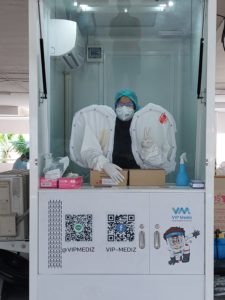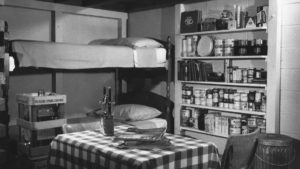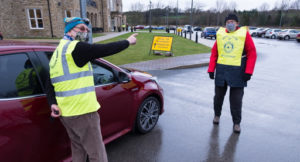Here in the Swiss countryside in this empty time between Christmas and New Year’s, many of our usual restaurants are closed. The (often reduced and overworked) staffs are having a break from the pre-Christmas storms of unruly family gatherings and office dos. Normal life is suspended, and eating is now being done at home in front of the TV or at altitude in the ski station fast-food cafés as the skiers wait for snow.
In the Canton of Zug (where most of the Swiss millionaires live as tax rates are lowest) there are scandalous reports of being charged 2.50 francs if you ask for a second spoon to share a dessert, and paying a 3-franc surcharge if your bill is less than 80 francs.
Nasty rumours are also floating of being charged 3 francs for a clean plate to put a baby’s French fries on, and of having to pay 5 francs extra if two people share a pizza.
When asked to explain these shocking revelations, the restaurants retort that people are not being forced to eat there. Go elsewhere! Obviously, managers and owners are hollowed out and angry.
 Now I’ve had some bad times in restaurants what with one thing and another. The worst is when they just don’t feed you (Czechoslovakia circa 1990) and all the wait staff is sitting around a table staring at you. Or when they get really angry because you bring a product they claim they cannot get in their country (breakfast jam, Russia circa 1992) and punish you with no coffee or tea. Or when you just plain get kicked out (Italy circa 1980).
Now I’ve had some bad times in restaurants what with one thing and another. The worst is when they just don’t feed you (Czechoslovakia circa 1990) and all the wait staff is sitting around a table staring at you. Or when they get really angry because you bring a product they claim they cannot get in their country (breakfast jam, Russia circa 1992) and punish you with no coffee or tea. Or when you just plain get kicked out (Italy circa 1980).
Most memories have been repressed (certainly the ones having to do with various St Bernard dogs under the table), but from the incidents I recall, most unpleasantness has had to do with kids – crying kids, spilling-things kids, not liking the look-of-the-food kids, hurting themselves in the bathrooms kids, getting their food taken away when they were saving the best-bit-for-last kids.
In fact, restaurants hate kids. They have neither money nor manners. Kids are the very antithesis of a seemly restaurant.
So, my advice to you, fellow diners, in this out-of-joint world would be to suck up the extra charges if you have to. In North America there are extra service charges, exorbitant corkage charges, and you have to tip hefty 20%. In Italy there is the famous “coperto” which I quite like as you pay your way in – like a night club. It is not expensive, and you get bread sticks. In Switzerland there are now extra energy charges in some establishments, and a small tip has become standard.
And as a wily customer in this brave new world, bring an extra spoon in your pocket if you want to be a real cheapskate; order two pizzas and take one home for breakfast; and, believe me, the baby doesn’t need a clean porcelain plate.
Of course, if you don’t want to do any of this, you can just stay at home and eat Christmas cookies. Forever and ever.








